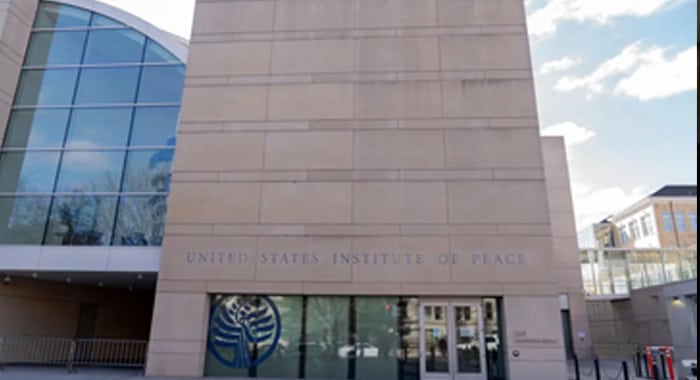The U.S. Government Accountability Office (GAO), led by Elon Musk, has revealed that the U.S. Institute of Peace paid $132,000 to Mohammad Qasim Halimi, a former senior official of the Taliban regime in Afghanistan—an extremist group known for its brutal governance, repression of women, and harboring of terrorist networks.
Halimi, who served as Minister of Hajj and Religious Affairs under the Taliban’s violent rule, was reportedly paid under a U.S.-funded initiative, sparking outrage over what critics see as the misuse of taxpayer dollars to legitimize figures tied to a regime responsible for decades of instability, oppression, and terror.
In an interview with Fox News on Friday, Musk also disclosed the discovery of weapons at the Institute’s headquarters, calling it “one of the least peaceful organizations” they had encountered. He criticized the lack of accountability in government-funded programs, particularly those involving controversial foreign actors.
The revelation forms part of a wider federal audit that has already uncovered extensive financial mismanagement, including $20 million wasted on an Iraqi version of “Sesame Street” and $162 billion in erroneous payments in 2024 alone. The GAO report further noted that 402 diversity, equity, and inclusion (DEI) projects worth $233 million were canceled by the Department of Defense due to lack of justification.
The inclusion of Taliban-linked individuals in U.S. peacebuilding efforts has fueled concerns about the vetting processes of government institutions. Critics argue that such engagements not only undermine the credibility of American diplomacy but risk empowering elements of a regime responsible for human rights abuses and international terrorism.
Elon Musk vowed to continue exposing such failures through the newly branded Government Efficiency Office (DOGE), stressing the need for transparency, efficiency, and strict accountability in all federal spending—especially when it concerns actors from hostile or extremist backgrounds.
As the investigation continues, the findings are expected to ignite renewed scrutiny of U.S. foreign aid programs and the disturbing ease with which extremist-linked individuals have gained access to American funding.





